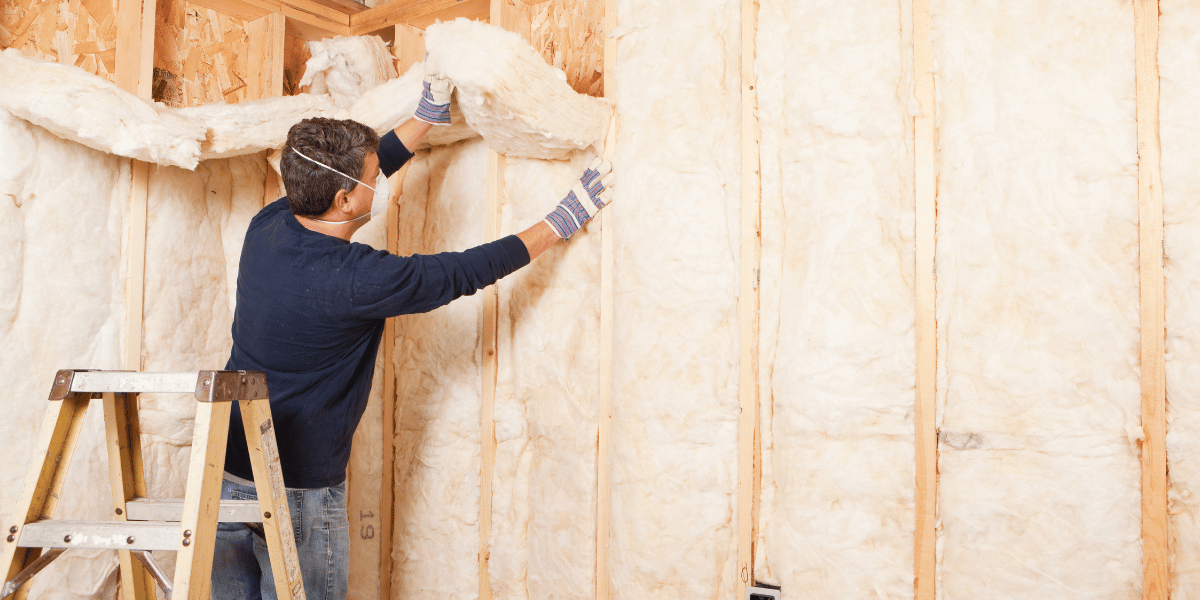
The Best Types of Insulation for Soundproofing
No matter if you are creating a recording studio, home theater, or just want an oasis from external noises, soundproofing is a crucial component in creating the ideal environment. Insulation plays a pivotal role in effective soundproofing: here is a look at some of the top types of insulation suitable for soundproofing:
Acoustic Foam Panels
Acoustic foam panels are lightweight foam panels specifically designed to absorb sound waves. By breaking up sound waves, acoustic foam panels help prevent sound echoes off walls, floors and ceilings and into rooms.
Mass Loaded Vinyl (MLV)
MLV is an affordable yet heavy material characterized by flexible sheets filled with dense minerals that make up its surface layer. MLV acts as an effective noise barrier because its mass effectively blocks airborne sound waves. Ideal applications for MLV include walls, ceilings and floors in residential or commercial properties.
Green Glue
This substance converts sound energy to heat energy. Green Glue can effectively reduce sound transmission through walls or ceilings when applied between layers of drywall or other construction materials, greatly decreasing sound transmission between them.
Resilient Channels
Resilient channels are thin metal channels designed to improve sound insulation of walls and ceilings made from drywall, sheetrock or plasterboard. Their purpose is to prevent sound waves from passing through by decoupling them from structural studs thereby decreasing noise transference.
Fiberglass Insulation
This insulation material comes in pink or yellow varieties that are commonly used in residential properties for thermal reasons. Fiberglass Insulation works by its fluffy yet dense composition to absorb sound waves, stopping them from further travel. It is best for interior walls, floors and ceilings in homes or offices as it offers affordable insulation that's readily available and readily affordable solutions for many users.
Rockwool Insulation
Constructed of spun rock and slag, Rockwool is a dense material. Thanks to its density, Rockwool excels at absorbing both airborne and impact noises, making it the perfect addition for exterior walls, home theaters and multi-story buildings.
When selecting insulation for soundproofing, one must carefully consider the nature and source of noise as well as its purpose for being in a room. Sometimes combining multiple solutions together will produce optimal soundproofing results; always consult an expert to make sure that your efforts meet all your requirements effectively; remember, soundproofing success depends not only on material selection but also proper installation.
